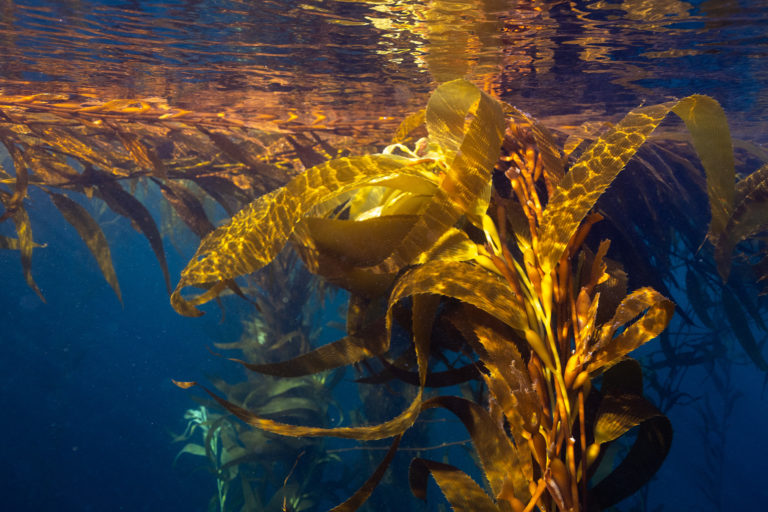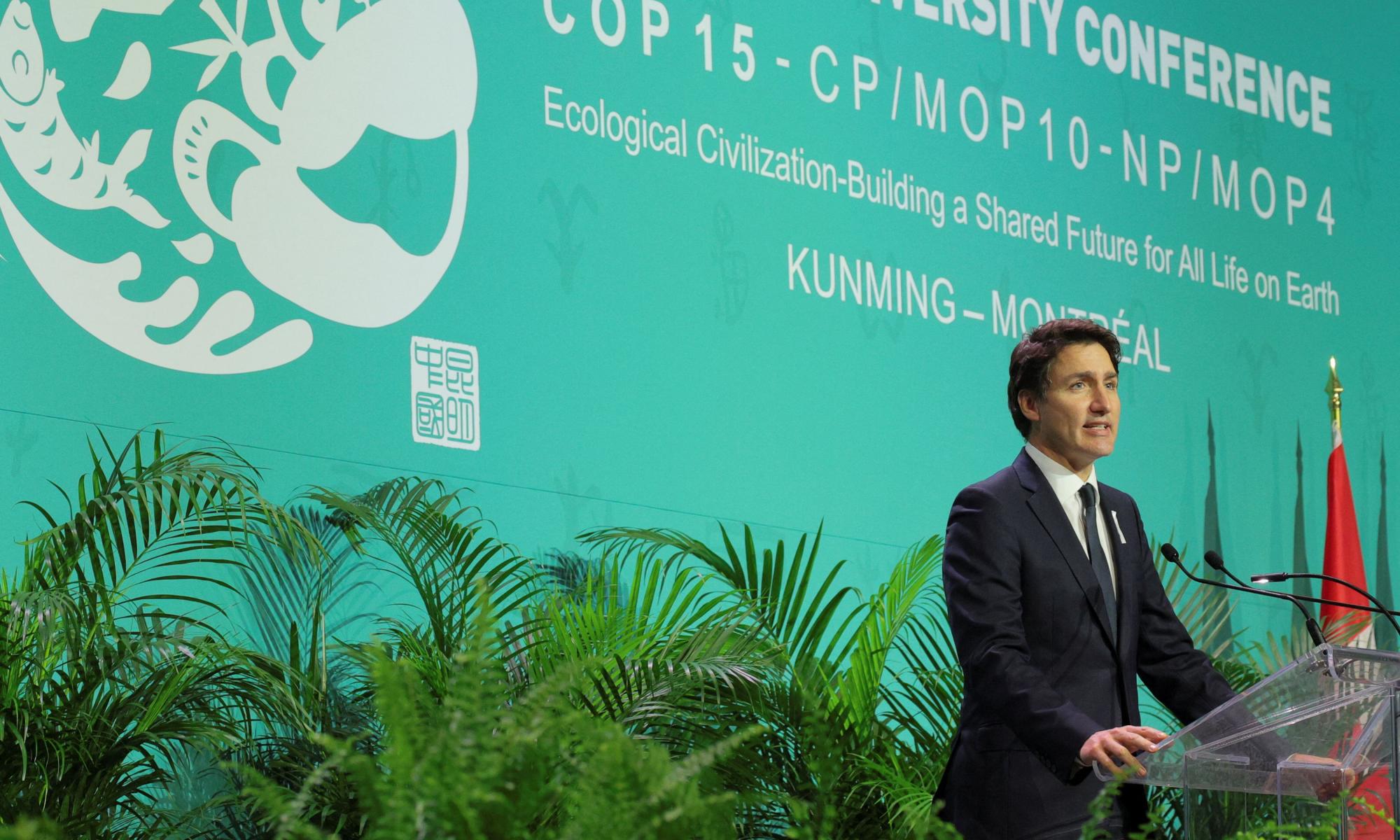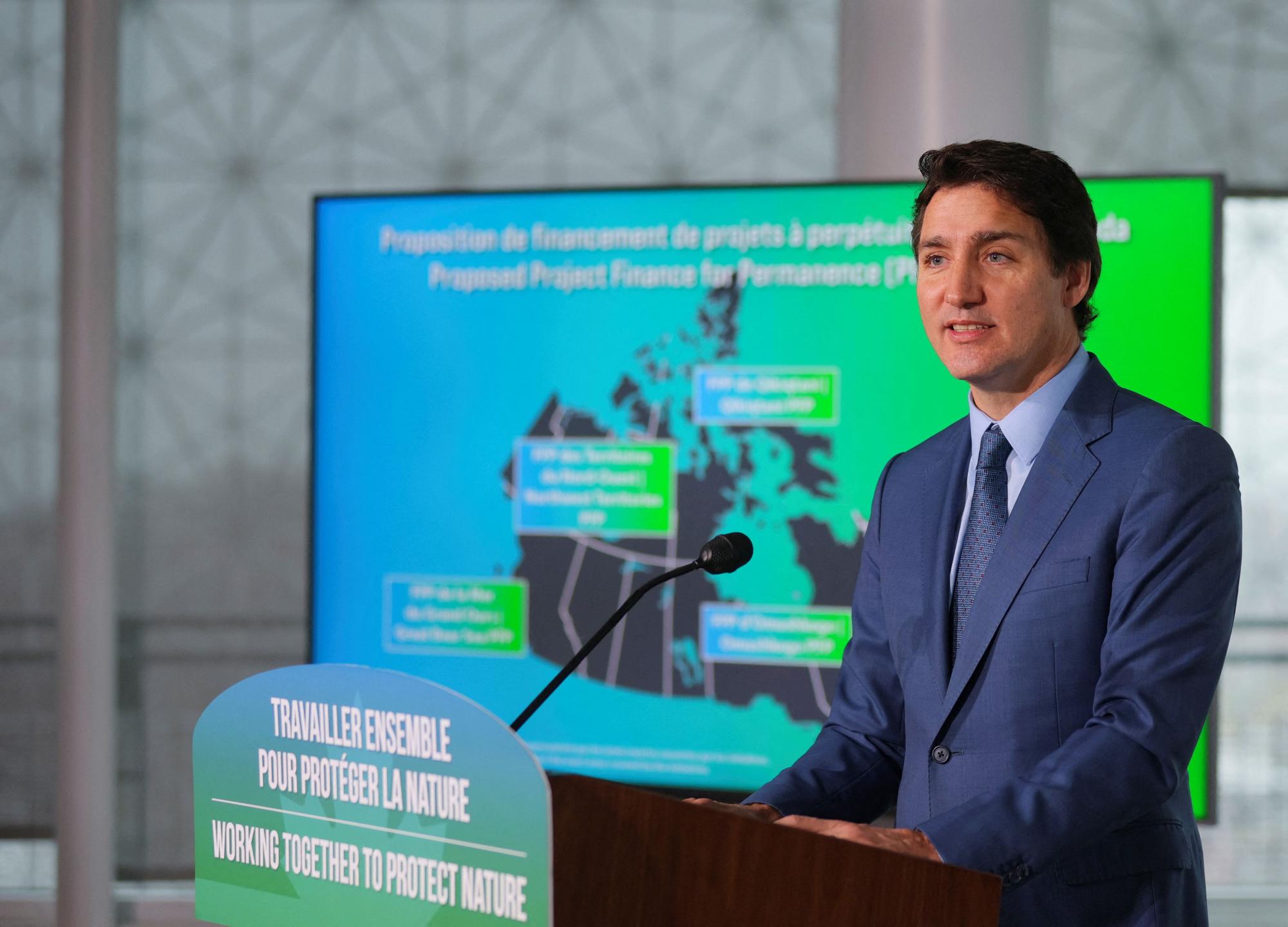World leaders must not let the World Cup in Qatar distract them from a simultaneous nature summit, or they face being embarrassed by the outcome, the UN’s biodiversity chief has warned.
This December, delegates will travel to Montreal, Canada, for the UN biodiversity conference, known as Cop15, to negotiate a new set of global goals for nature over the next decade after two years of delays, with the final agreement due to be reached on the eve of the World Cup final on 18 December.
Presidents and prime ministers routinely attend the World Cup, but Elizabeth Maruma Mrema, executive secretary of the UN Convention on Biological Diversity, has urged world leaders to remain focused on the nature negotiations, which environmental organisations have warned are in crisis due to the lack of engagement by governments.
Cop15 will start just two weeks after the end of the climate-focused Cop27 in Egypt, where countries are expected to announce stronger commitments to limit global heating to 1.5C (2.7F) above pre-industrial levels. The talks in Sharm el-Sheikh are likely to have a significant impact on the tone of the biodiversity summit.
“All leaders will have to think twice [about the clash between Cop15 and the World Cup]. You can go to the World Cup but what does it mean if there’s no life beyond that when you come back?” said Mrema.
“If they go to Qatar, then they should leave behind appropriate instructions,” she added. “Otherwise they will be embarrassed.”
Both climate and biodiversity negotiations have seen significant divisions between the global north and south. During two weeks of talks in Nairobi last month, countries struggled to make progress on the final text, and there was particular disagreement over money to fund the draft targets, implementation of the agreement and “biopiracy”.
Speaking to the Guardian from the UN ocean conference in Lisbon, Mrema acknowledged that progress had been slow and said input from governments in the negotiations, which are largely technical at this stage, was required to break the deadlock on big issues.
“We really need a political push. Leaders are talking of a transformative, ambitious agreement. If negotiations continue this way, we will probably end up with a framework but it probably won’t be ambitious, innovative or what is expected to really change the loss of biodiversity,” she said.
At the G7 last week, the Canadian government said both Boris Johnson and Emmanuel Macron had discussed Cop15 in meetings with the Canadian prime minister, Justin Trudeau.
Despite being hosted in Montreal, the summit will remain under the presidency of China, having been moved from Kunming after the country’s zero-Covid policy made hosting it there impossible. Mrema said the governments would work together to deliver a Chinese Cop15 on Canadian soil.
“Canada will lead in terms of ensuring we find a suitable conference venue and have all the facilities in place. But China will continue to lead the substance of the negotiations under their presidency,” she said.
Cop15 begins in Montreal on 5 December, with another round of negotiations scheduled before then in an attempt to break the deadlock on major issues in the agreement. The once-a decade nature agreement is scheduled for completion on the final day, 17 December, with attendance from ministers expected in the days leading up to this.
Find more age of extinction coverage here, and follow biodiversity reporters Phoebe Weston and Patrick Greenfield on Twitter for all the latest news and features


